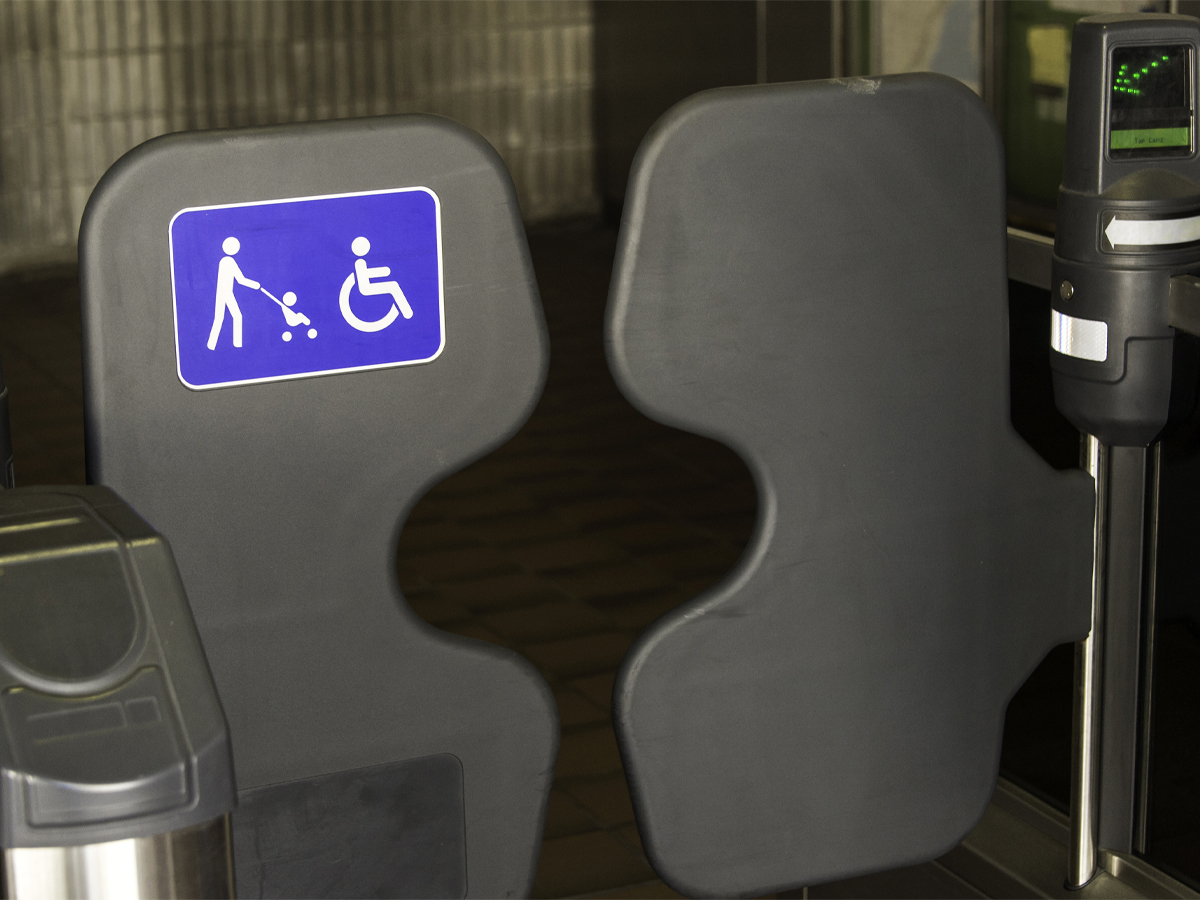Transport for New South Wales (TfNSW) is evaluating frictionless ticketing technology to make travelling on public transport easier for People with Disability (PwD).
There were 16,000 concession cards issued to PwD in 2021, mainly for the severely vision impaired, while 60,000 applied for a concession card. Findings from the report concluded a significant number of people are having difficulties with public transport ticketing and tapping on and off still poses a significant challenge.
Four options were recommended for further exploration: a phone app using 5G, a token using Ultra-Wide Band (UWB), biometrics such as facial recognition and integration with a wayfinding app using light detection and ranging (LiDAR) technology.
However, NSW public transport legislation requires amendment to ensure technological neutrality in transport regulation for the future. For example, the concept of ‘authority to travel’ is linked to the notion of a ticket as a physical item, despite later amendments providing for the use of Opal cards and debit or credit cards and this does not easily fit with an authority to travel conferred using biometrics.
TfNSW partnered with the iMOVE Cooperative Research Centre and La Trobe University’s Centre for Technology Infusion on the project.
Lead researcher from La Trobe, Erik van Vulpen said it was an example of innovation for people with disability that will lead to cutting edge solutions for the broader public. “An approach that other companies could take example of, or follow, to develop better customer experiences,” he said.
The project’s disability sector stakeholders included the Physical Disability Council of NSW, and the Australian Federation of Disability Organisations. Researchers also consulted with CEOs of disability organisations and experts in the public transport field with a lived disability were also consulted as well as transport operators including Airport Link (Sydney’s Airport Train), Transdev Australasia, Sydney Metro, Sydney Trains and Sydney Ferries.

